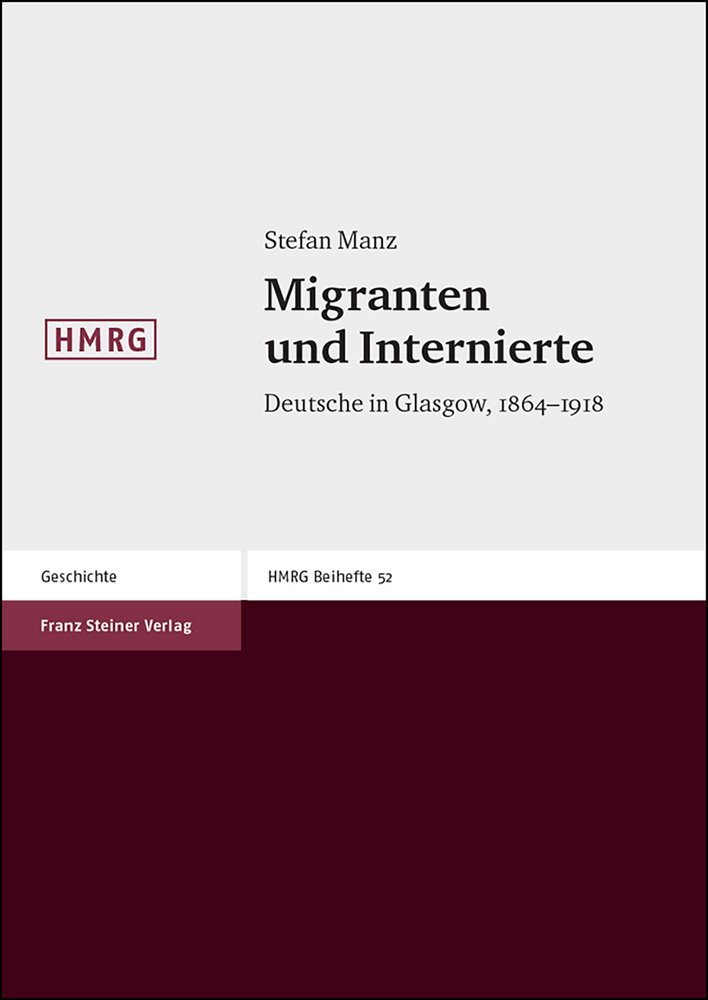Für deutsche Migranten des 19. Jahrhunderts war Großbritannien eines der wichtigsten Zielländer innerhalb Europas. Zum ersten Mal wird eine der zahlreichen deutsch-ethnischen Kolonien einer mikrohistorischen Untersuchung unterzogen.Die Perspektive erlaubt quellengestützt genauere Aussagen zu Themenkomplexen wie Wanderungsverhalten, Berufsstruktur oder ethnischer Selbstorganisation. In Glasgow bildete sich ein dichtes Netz an ethnischen Vereinigungen, das sich nach Kriegsausbruch unter dem germanophoben Druck der britischen Öffentlichkeit sowie staatlichen Maßnahmen wie Internierung, Repatriierung oder Enteignung fast vollständig auflöste.Die Glasgower Fallstudie wird durch zahlreiche Querverweise auf andere Regionen und Länder in einen größeren migrationsgeschichtlichen Rahmen eingeordnet.


